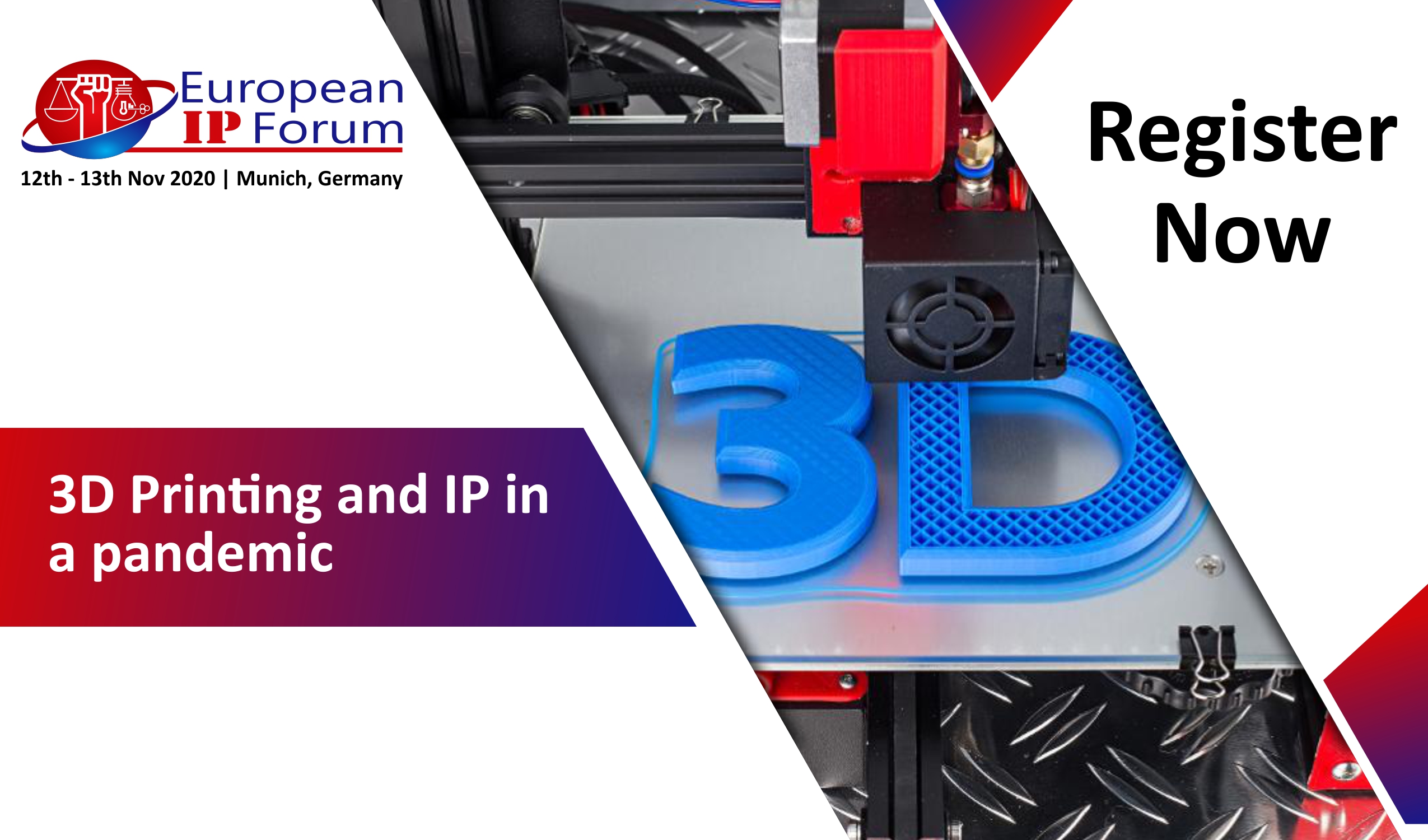
With the coronavirus (COVID-19) pandemic creating a shortage of critical medical supplies, such as swabs for diagnostic tests, personal protective equipment (PPE), and ventilators, owners of 3D printers around the world—from leading industrial manufacturers to individual makers—are mobilizing to fill the gap. Individuals, universities, corporations and government agencies are working together to quickly develop and obtain emergency regulatory authorizations or approvals for various 3D-printed products. Prominent technology companies, device manufacturers and members of the additive manufacturing community are collaborating in unprecedented ways to share intellectual property and engineering expertise to rapidly produce safe and effective medical supplies for healthcare professionals.
This crisis highlights the many advantages of 3D printing. The technology allows the manufacture of new products with very short lead-times, given that all that is required is a 3D printer and a printable digital representation of the product. Delays usually associated with creating new manufacturing series, such as tooling calibration, do not have to be incurred when 3D printing.
Parties interested in printing products can, of course, set out to create the required digital blueprints from scratch, but doing so takes time and may risk inadvertent design flaws that have already been overcome by the original designer. Moreover, new designs will require regulatory approval whilst a reproduction of an existing design is likely to be available to patients much more quickly.
Technically the sharing of a digital printable file is easy – all that is required is a simple file transfer – but stories in which the owners of a digital printable file were unwilling to share the file in the first place based on legal concerns have been circulating. This is regrettable, given that IP right holders have so much more to offer than merely a file. In particular, the know-how IP right holders have in ensuring that the manufactured products meet the desired quality and safety requirements could help immensely in rapidly meeting the increasingly dire need for medical products.
The seeming tension between ownership of IP rights and the rapid spread of protected products is not new. Similar concerns were raised in the cleantech field when it came to disseminating environmentally friendly technology to developing countries. One conclusion from that was that innovators are much more likely to share innovation with third parties in jurisdictions with a robust and sophisticated IP system. As such, strong IP is helpful in overcoming reluctance in sharing, given that it provides a level of control to ensure quality and safety and to ensure the goodwill of IP right holders cannot be abused after the crisis has abated.
The 3D printing community has the ability to play an important role in alleviating shortages in critical medical supplies for the COVID-19 pandemic. Regulatory requirements and liability risks have already been materially reduced in response to the global crisis in a variety of ways that make it substantially easier and less risky for 3D manufacturers to participate in medical product manufacturing. Other similarly directed initiatives are being announced frequently. This more open environment provides unprecedented opportunities for innovation and the use of additive manufacturing in the battle against COVID-19. However, notwithstanding the potential immunities, to mitigate liability risk and produce safe and effective materials for the healthcare workers on the front lines of the battle against COVID-19, it remains important for 3D manufacturers to work collaboratively with governmental agencies and existing medical device manufacturers, to include adequate disclaimers and labeling on their products and not make unsubstantiated claims or claims of intended uses that would present an undue public health risk, to respect the intellectual property rights of others, and to implement appropriate controls regarding the designs, materials, processes, and finished products in order to produce high quality medical materials.
Register the Conference Now (at) 2nd European Intellectual Property Forum (EIPF)
Write us to Connect
Follow us on Twitter
Connect us on Linkedin
Like us on Facebook
Follow us on Instagram
For More Events Click Here





















